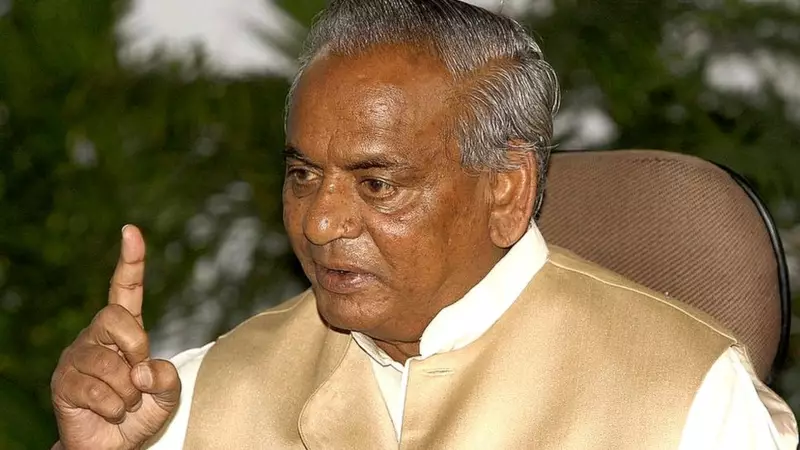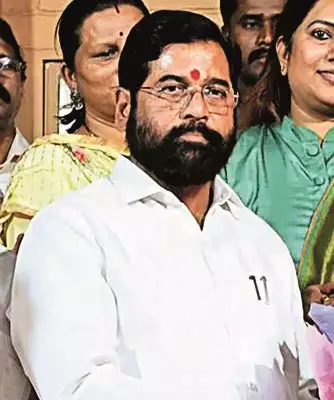
The political landscape of Western Uttar Pradesh is witnessing renewed activity as Rajveer Singh, son of former Chief Minister Kalyan Singh, has intensified his campaign for the creation of a new district. The proposed district would be carved out from existing territories in Aligarh and Bulandshahr districts, potentially reshaping administrative and political dynamics in the region.
The Rising Demand
Rajveer Singh, who currently serves as the MLA from Etah, has been actively mobilizing support for this long-pending demand. The movement gained significant momentum recently when Singh announced that a comprehensive survey would be conducted to assess public opinion and gather data supporting the creation of the new district.
"This isn't just a political demand but a genuine need of the people," Singh emphasized during recent public engagements. "The geographical spread and population density of the current districts make administration challenging and development uneven."
Political Significance
The timing of this renewed push is particularly noteworthy, coming just months before the crucial 2024 Lok Sabha elections. Political analysts suggest this move could serve multiple purposes:
- Strengthening the BJP's position in Western UP
- Honoring the legacy of late Kalyan Singh
- Addressing regional development concerns
- Consolidating the party's support base
Administrative Rationale
Proponents of the new district argue that the current administrative setup in Aligarh and Bulandshahr districts presents several challenges:
- Large geographical areas making governance difficult
- Remote villages struggling to access district headquarters
- Uneven distribution of development resources
- Growing population requiring more focused administration
Public Response and Next Steps
The proposed survey will reportedly cover all aspects necessary for district formation, including demographic patterns, infrastructure requirements, and economic potential. Local residents have expressed mixed reactions, with many welcoming the prospect of better governance while others question the timing and political motivations.
"We need to ensure this isn't just political symbolism but actually benefits the common people," commented a local social activist who preferred to remain anonymous.
The state government has yet to make an official statement on the matter, though sources indicate the proposal is being seriously considered given its potential electoral implications and the stature of the leaders involved.






